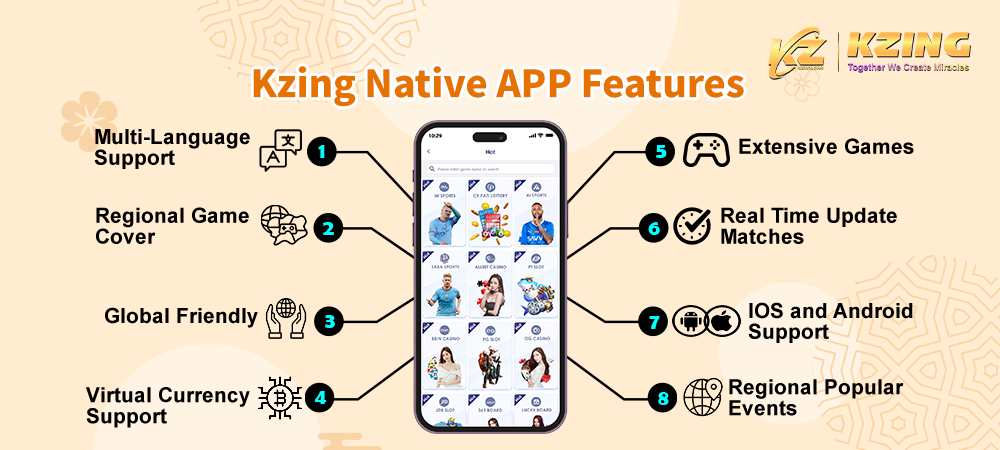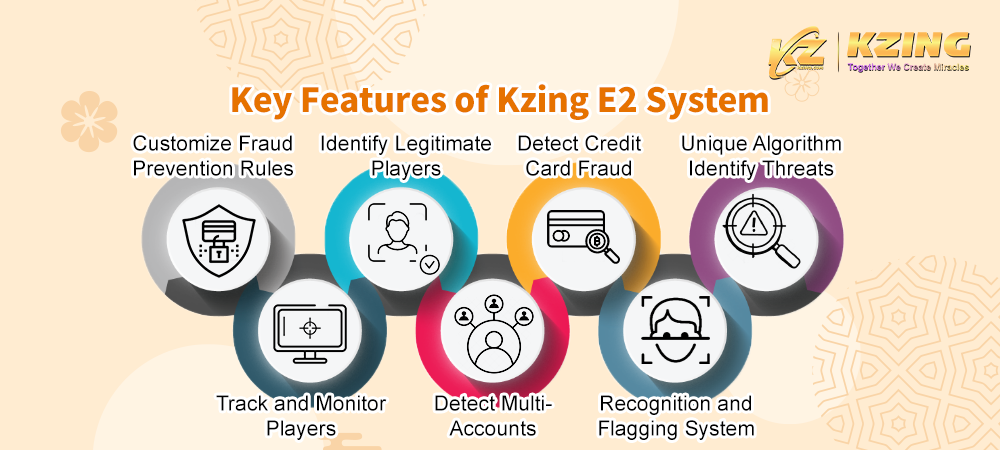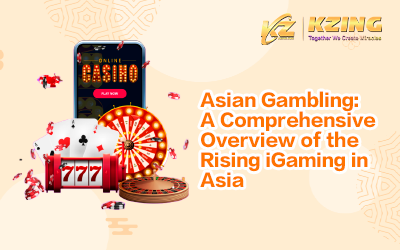
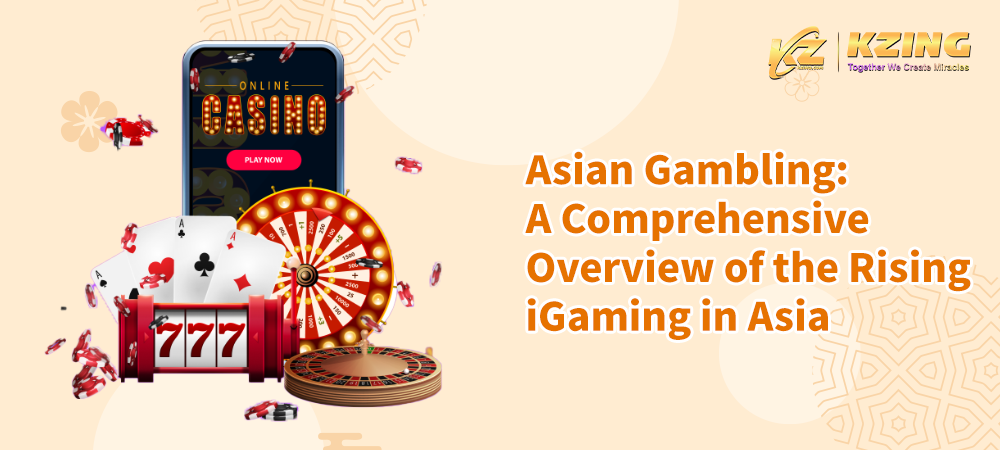
The iGaming industry in Asia is experiencing a rapid surge, driven by increasing internet penetration, evolving regulations, and cultural acceptance of gambling. This growth has led to a dynamic shift from traditional physical gambling establishments to online casino websites, creating new opportunities and challenges. This article explores the cultural background, popular forms of Asia iGaming, key growth drivers, and future trends in this booming industry.
Table of Contents
Background: Asian Culture and Gambling
Gambling has deep roots in Asian culture, with traditional games like Mahjong, Pai Gow, and Sic Bo enjoyed across the region for generations. The iGaming landscape in Asia is evolving from physical casinos to online platforms, with Macau—often dubbed the “Las Vegas of Asia”—representing the classic casino environment. In contrast, the Philippines has embraced online gambling, while Vietnam began legalizing certain forms of betting, including football, horse racing, and greyhound racing, in 2018.
The Rise of iGaming in Asia
iGaming covers a broad range of online gambling activities, from online casinos to sports betting and virtual gaming platforms. As internet access and mobile device usage increase, the reach and appeal of online gambling continue to grow. This transformation is attracting a new demographic of players who prefer the convenience and variety of games that online platforms provide.
To meet this rising demand, white label providers like Kzing offer customized solutions for online casinos. With user-friendly interfaces and a wide array of games, Kzing’s software is designed to enhance the online gambling experience, making it more accessible and engaging for players across Asia.
Popular Forms of iGaming in Asia
-
Online Casinos
In the Philippines, online casinos are the most popular. They offer various games, from traditional table games to modern slots. This reflects people are increasingly turning to online platforms for entertainment in Asia.
-
Sports Betting
The sports betting market in Asia is expected to reach $3.64 billion in 2024. Football is the most popular sport for betting, but other sports like basketball, tennis, MMA, horse racing, and baseball also attract significant interest. In countries like China and Vietnam, sports betting is the leading form of gambling.
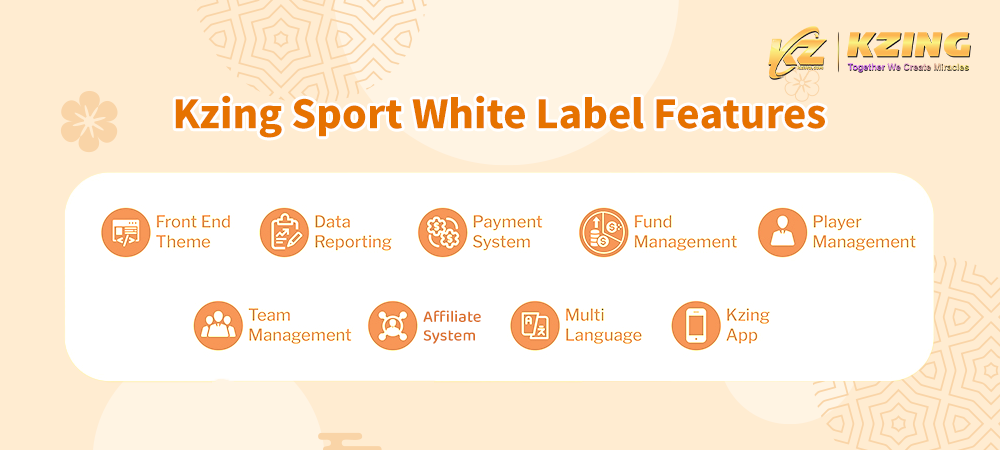
-
Online Lotteries
Revenue from online lotteries in Asia is likely to hit $0.75 billion in 2024. India, in particular, is experiencing growth in both online lotteries and poker.
-
Live Dealer Games
These games provide an authentic casino experience with real-life dealers, tables, and cards. The immersive nature of live dealer games appeals to players seeking a genuine casino atmosphere while playing remotely.
-
Mobile Gaming
Mobile gaming is hugely popular in Japan and South Korea, where players enjoy a wide variety of games and eSports competitions on their smartphones and tablets. This shift toward mobile platforms underscores the evolving landscape of iGaming in Asia.
Key Drivers of iGaming Growth in Asia
1. Technological Advancements
The explosive growth of iGaming in Asia has been driven by technological advancements, especially in mobile technology. High-speed internet and sophisticated smartphones have created an ideal environment for online gambling, allowing players to access casino games easily, place sports bets, and explore online casino platforms worldwide. Mobile apps provide players with instant access to their favourite iGaming experiences. In 2023, mobile gaming revenue surpassed $60 billion, highlighting the critical role of smartphones in this ecosystem.
As smartphone penetration continues to rise across Asia, iGaming operators and software developers increasingly focus on mobile-friendly solutions to meet growing demand. Companies like Kzing, with their Kzing Native APP, offer seamless gaming experiences and user-friendly interfaces on various devices. Moreover, iGaming in Asia has embraced innovations like live dealer games, virtual reality (VR), and augmented reality (AR), which add depth and excitement to the online gambling experience. Live dealer games recreate the ambience of a traditional casino in a virtual setting, while VR and AR open up new, immersive ways to engage players.
2. Demographic Trends
Asia’s younger demographic is fueling the rise of iGaming, with a preference for online entertainment such as gaming and gambling. This trend has driven demand for iGaming across the region, with sports betting popular in countries like China and Vietnam, and online casinos leading in the Philippines. To engage these varied demographics, iGaming operators need marketing strategies that align with each country’s unique culture. With years of successful experiences in the Asia iGaming market, Kzing understands the nuances of the target audience and can craft strategies to reach them effectively. By leveraging Kzing’s Digital Ads and Design service, operators can create compelling campaigns that resonate with their players, ensuring that every campaign is optimized for maximum impact.

Additionally, Kzing White Label offers operators a massive game library with over 1,000 games, through partnerships with more than 100 game providers. For example, Kzing’s Thailand White Label offers a variety of local favourites games like slot machines, Mahjong, chess, and lottery games, catering to Thai players’ tastes.
3. Regulatory Changes
The regulatory landscape for gambling in Asia varies widely, with some countries adopting lenient laws while others tighten restrictions. These different approaches significantly impact the gambling industry. In countries with relaxed laws, operators have more flexibility to offer a diverse range of gaming options, attracting players from across the region. In contrast, tighter restrictions in other countries force operators to navigate a more complex regulatory environment.
However, there’s a noticeable trend towards a more harmonized approach as governments recognize the potential economic benefits and aim to regulate the industry more effectively. For instance, the Philippines has one of the most liberal gambling markets in Asia. Here, a mix of land-based and online casinos operate legally under the oversight of the Philippine Amusement and Gaming Corporation (PAGCOR). The country’s relaxed regulations have transformed it into a hub for offshore gaming operators, attracting players from other parts of Asia and generating significant revenue for the government.
The Future of iGaming in Asia: Trends and Predictions
Embracing Technological Innovations
The iGaming industry in Asia is rapidly transforming, driven by innovations in Artificial Intelligence (AI) and Blockchain technology. AI algorithms enhance personalization, allowing operators to tailor gaming experiences to individual preferences. Moreover, AI is critical in detecting fraud and reducing risks, which is key to building trust in the iGaming ecosystem.
Blockchain’s decentralized nature brings new levels of transparency and fairness to iGaming. By recording transactions on an immutable ledger, blockchain ensures that gaming outcomes cannot be tampered with, fostering a sense of trust among players. Blockchain also facilitates the integration of cryptocurrencies into the iGaming platform, leading to secure and anonymous transactions. Kzing E2 Fraud & Compliance Services to fortify security measures further, preventing your platform from malicious cyberattacks in Asia iGaming sector.
The Rise of Cryptocurrencies
Cryptocurrencies like Bitcoin, Ethereum, and other altcoins are transforming the way financial transactions are handled in Asia’s iGaming sector. It offers several benefits, including enhanced security, user anonymity, and swift transaction processing. They eliminate the need for traditional banking intermediaries, reducing transaction costs and increasing the speed of deposits and withdrawals.
Kzing has integrated cryptocurrency into its white-label solution, leading the way in incorporating these advanced technologies. This integration allows operators to accept a wide range of cryptocurrencies, providing players greater flexibility and choice.
Growing of eSports Betting
The eSports industry in Asia has seen rapid growth, especially in countries like South Korea. This surge has significantly influenced the iGaming sector, the eSports betting market in Asia is expected to reach a value of $17 billion by the end of 2023. The fusion of eSports and iGaming has created new opportunities for both industries, eSports fans can engage more deeply with their favourite games through betting, while iGaming operators can capitalize on this booming market.
Crash Game
Crash games are a growing trend in Asia’s iGaming scene, captivating players with their real-time excitement and dynamic risk-reward mechanics. In these games, players must strategically decide when to cash out to maximise their winnings to avoid losing or crashing. Popular crash games like Aviator recently hit 10 million monthly active players. Players are drawn to these games because they are simple to play, offer social engagement, run perfectly on mobile, and provide the potential to win big from small stakes. According to Slotegrator, a significant 75% of game developers either currently offer crash games or have plans to integrate them in the future, underscoring the popularity of crash games.
Conclusion
The Asian iGaming market is booming, with diverse opportunities and challenges. The rapid growth is fueled by technological advancements, evolving demographics, and shifting regulations. With tailored solutions and a focus on innovation, Kzing is ready to help you break into the Asian market.
Ready to enter the Asian iGaming market? Contact Kzing today to learn how our innovative solutions can help you succeed.
